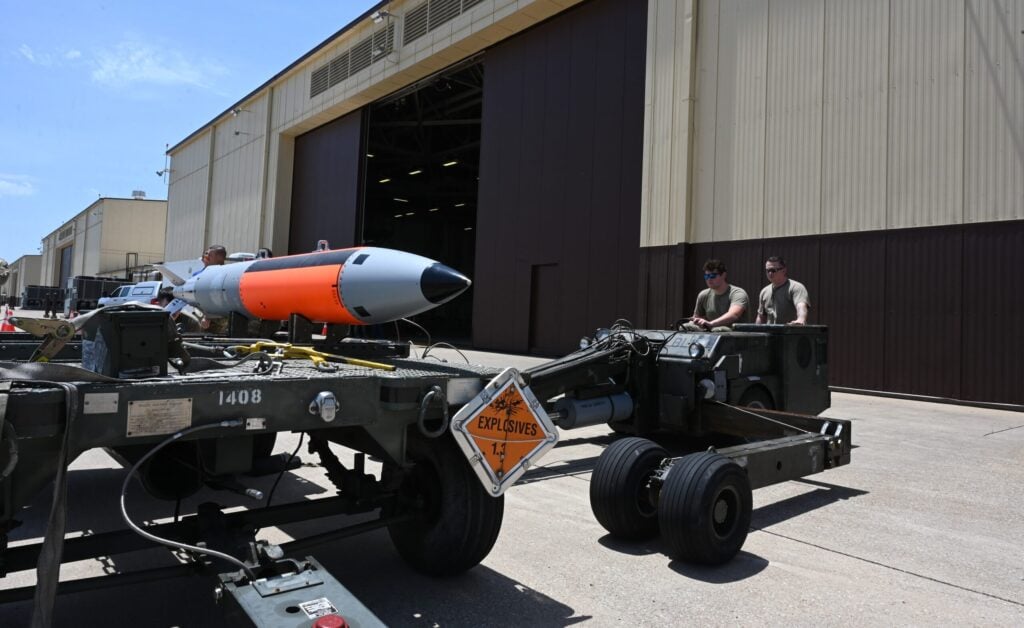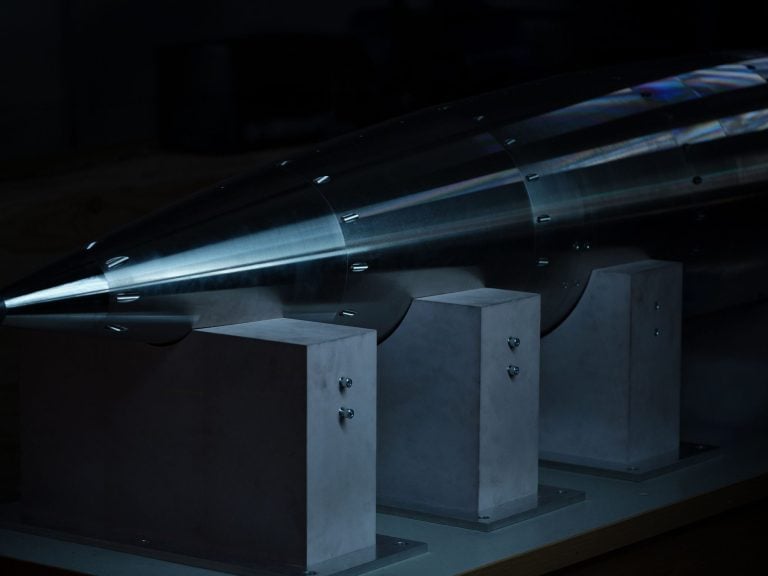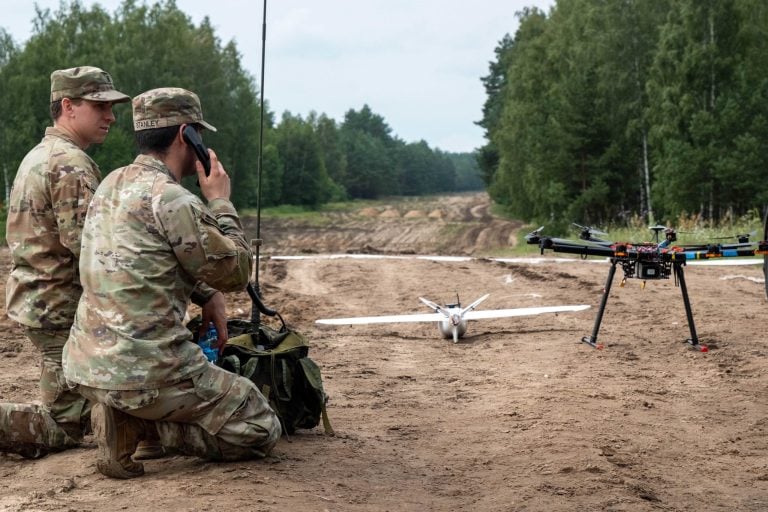Nuclear-armed states collectively allocated over $100 billion to their atomic arsenals last year, according to a report released by the International Campaign to Abolish Nuclear Weapons (ICAN). This figure represents an increase of nearly $10 billion from 2023, highlighting significant financial commitments in nuclear capabilities among nations.
The report details the spending by the nine recognized nuclear powers: the United States, Russia, China, Britain, France, India, Pakistan, North Korea, and Israel. The United States led the expenditures with $56.8 billion, followed by China at $12.5 billion and Britain at $10.4 billion.
ICAN, which was awarded the Nobel Peace Prize in 2017 for its efforts in drafting the Treaty on the Prohibition of Nuclear Weapons, noted that the treaty has been ratified by 69 countries, with an additional four directly acceding and 25 signing it. However, none of the nuclear-armed states have yet to endorse the treaty.
A key focus of this year’s report is the costs incurred by countries hosting nuclear weapons from other states, particularly the U.S. It was pointed out that many citizens are unaware of the financial implications associated with hosting these weapons, which prevents democratic oversight. While the hosting of U.S. nuclear weapons in NATO countries such as Belgium, Germany, Italy, the Netherlands, and Turkey is not officially acknowledged, it is widely reported. The expenses linked to facility security, nuclear-capable aircraft, and operational readiness remain largely undisclosed, governed by secret agreements.
ICAN emphasized the need for transparency, stating, “It’s an affront to democracy that citizens and lawmakers are not allowed to know that nuclear weapons from other countries are based on their soil or how much of their taxes are being spent on them.” The report’s co-author, Alicia Sanders-Zakre, pointed out the lack of public information about these expenditures.
The overall spending on nuclear arms by the nine nuclear states could have funded the United Nations’ budget nearly 28 times over, according to ICAN. The organization argued that the issue of nuclear weapons spending is exacerbated by vested interests that continue to support such military capabilities, arguing that the solution lies in dismantling these interests.
Additionally, the private sector profited significantly from nuclear weapons contracts, earning at least $42.5 billion in 2024 alone. Ongoing nuclear contracts amount to approximately $463 billion, with many extending for several decades. The report noted that new contracts worth at least $20 billion were awarded in the past year, highlighting the substantial financial incentive for companies involved in the nuclear weapons industry.
In the context of a persistent threat posed by nuclear weapons, ICAN pointed out that many corporations heavily invested in lobbying governments, with $128 million reportedly spent in lobbying efforts in the United States and France based on available data.
As the global community grapples with the implications of sustained nuclear armament, the report serves as a stark reminder of the pressing need for democratic oversight, transparency, and concerted efforts towards disarmament.







